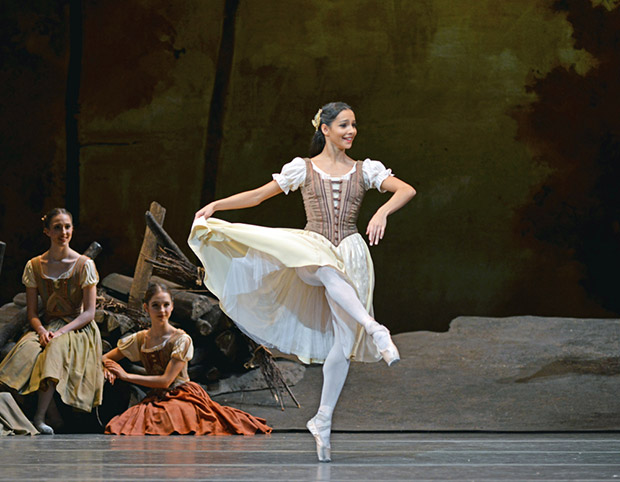
© Dave Morgan, courtesy the Royal Opera House. (Click image for larger version)
Royal Ballet/ROH Learning and Participation
Giselle Schools’ matinee
★★★★✰
London, Royal Opera House
3 February 2018
Gallery of pictures by Dave Morgan
www.roh.org.uk
www.roh.org.uk/learning
‘The Royal Opera House belongs to you! We hope you’ll feel at home.’ So states the ROH’s Learning and Participation department in its introduction to the schools’ matinees it organises each year. Before Friday’s Giselle matinee (starting at 1pm), hundreds of youngsters in school uniform were eating their packed lunches in the Floral Hall and other public areas. They had inspected the pointe shoe display, run by Freed’s, visited the backstage workshops and made use of the toilets.
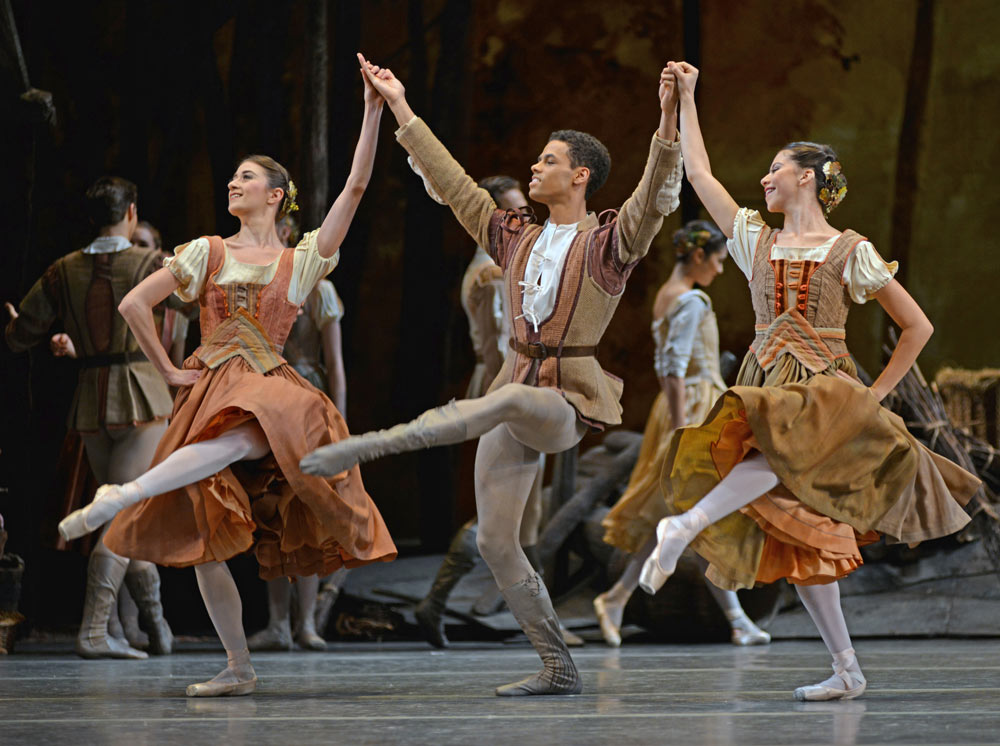
© Dave Morgan, courtesy the Royal Opera House. (Click image for larger version)
Priority is given to state schools that have never visited the Opera House before, especially those outside London (with travel grants available). Tickets, subsidised by the Taylor Family Foundation, cost £7.50 per head for students and teachers. Giselle is considered suitable for secondary schools; primary schools will be going to Swan Lake and Alice’s Adventures in Wonderland matinees later this year.
Jillian Barker, director of the Learning department, made the point to me that the schools matinees of ballets and operas are the same professional productions as in the rest of the season: no concessions are made in casting or presentation. We were watching the debuts of Francesca Hayward and Alexander Campbell as Giselle and Albrecht, and Mayara Magri as Myrtha. (Their first evening performance is on Friday 9 February.) Though there was wild excitement when the house lights went down for the start of the performance, Act I was watched in impressive silence (apart from occasional applause led by teachers). No coughing, no sweets rustling, no phones ringing. Then an enthusiastic outburst of appreciative noise as the curtains closed.

© Dave Morgan, courtesy the Royal Opera House. (Click image for larger version)
Most of the youngsters were obliged to remain in their seats during the interval, so they weren’t able to release any energy. The overture to Act II was disrupted by giggles and the misty effects of the wilis’ forest clearing met with loud ‘oohs’. But then silence reigned during an outstanding performance of the white act. This was indeed a Giselle to treasure as a first encounter with ballet.
To my eyes, Francesca Hayward was a touch tentative in Act I – appropriate for a shy peasant girl with a heart problem but not for the local belle made Queen of the grape harvest by her fellow villagers. This Giselle has a premonition of ill fortune during her mother’s doom-laden mime; she was already upset by the petal test of true love going wrong. She’s easily bruised by Hilarion’s roughness and over-awed by Albrecht’s better mannered wooing. Betrayed, she’s bewildered, disbelieving, cracked rather than tragically broken.
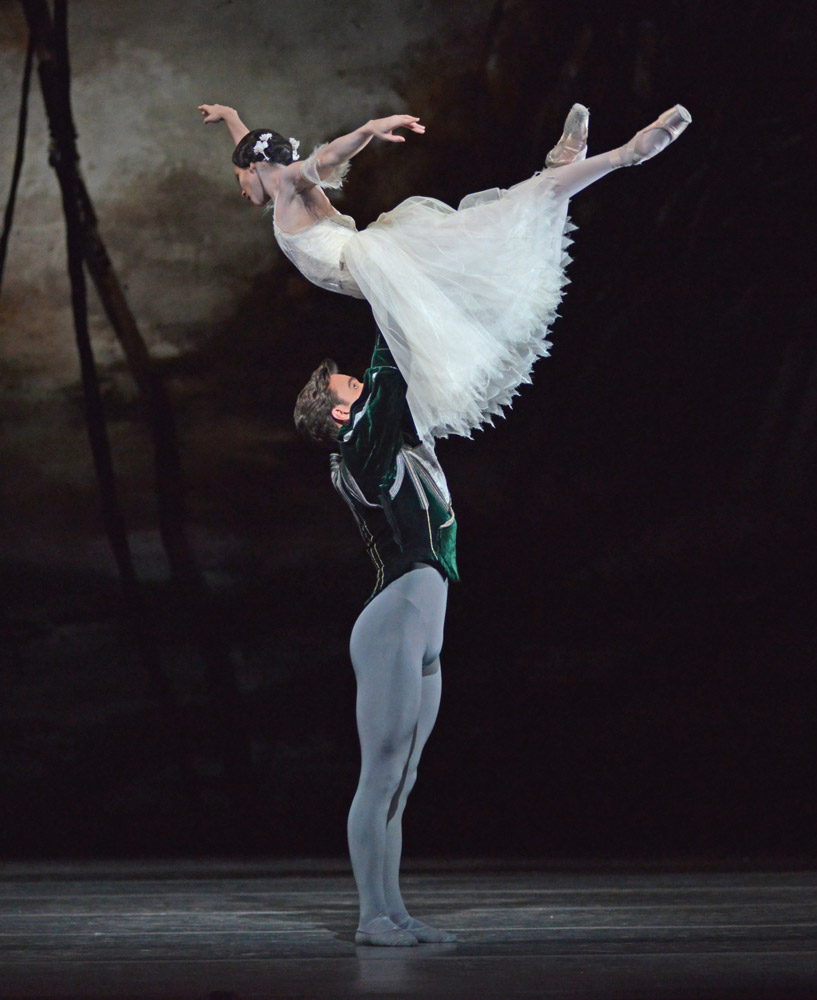
© Dave Morgan, courtesy the Royal Opera House. (Click image for larger version)
In my opinion, Hayward is mismatched with Campbell, miscast as Albrecht. Though they dance well together, he hasn’t moved on from Hans-Peter in The Nutcracker. Campbell has an inexpressive, plump-cheeked face that makes him look more like a village youth than a philandering aristocrat. He barely reacted when the ducal hunting party arrived to expose Albrecht’s duplicity, and appeared only mildly perturbed by Giselle’s descent into madness. Hayward needs to be paired with a noble, experienced Albrecht enchanted by her trust in him – a foil for her seeming fragility, so that she can strengthen her interpretation.
In Act II, Hayward’s Giselle is a different being, an unearthly spirit claimed by supernatural forces. She is impelled to dance from the moment she is initiated as a wili, whirling and bounding across the forest glade. The droop of her head implies her sad awareness of being cursed to remain forever undead. As she embraces Albrecht, wafting the air around him, she seems to have infinite pity for his weakness, as though far wiser than he about human failings. It’s an exceptionally mature portrayal for a debut, as well as a technically assured one. She and the solo violinist, Sergey Levitin, phrased her appearances as a vision to Albrecht so magically that, like him, we could hardly believe that she had a physical presence.
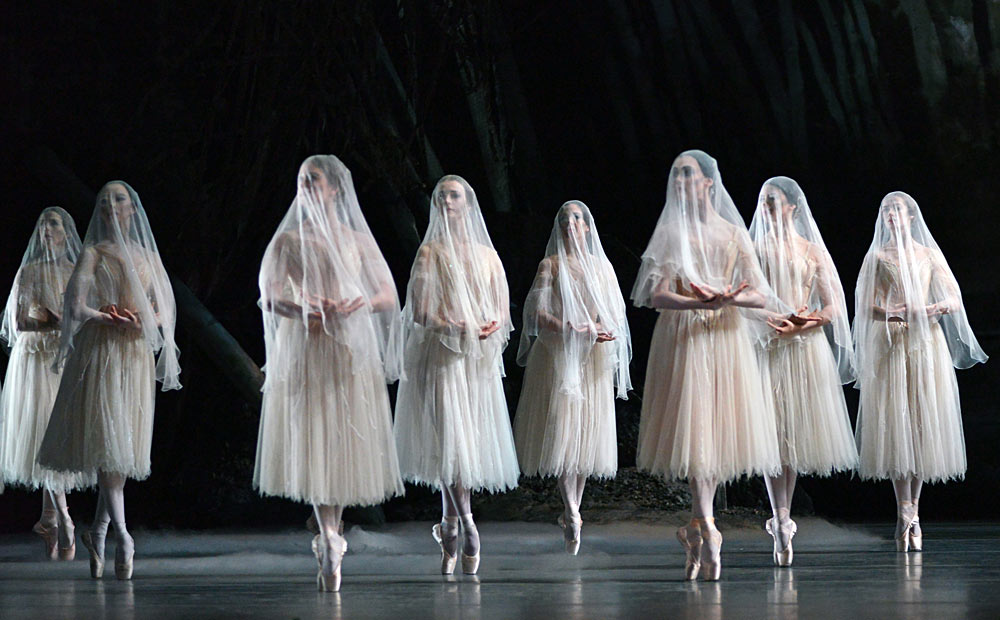
© Dave Morgan, courtesy the Royal Opera House. (Click image for larger version)
Mayara Magri’s Queen of the Wilis reigned over her disciplined sisterhood of vengeful phantoms as of right. Beautiful, buoyant, tireless, she didn’t need to strive to appear sinister. She belonged to an ancient order of wronged female spirits – an order Giselle was destined to join. Hayward succeeded in defying her fate: Myrtha, though, would never die. By the time dawn lightened the sky and broke the spell, I hope the watching youngsters were as transported as I was.

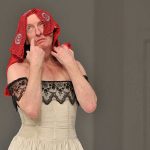
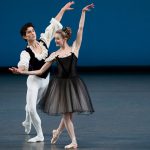
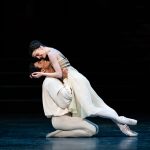
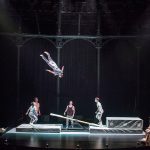

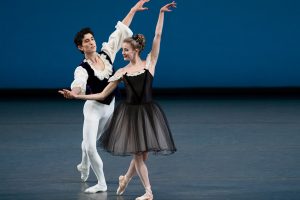
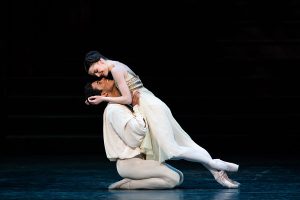
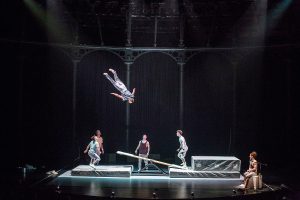
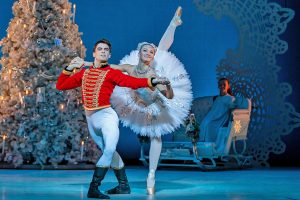
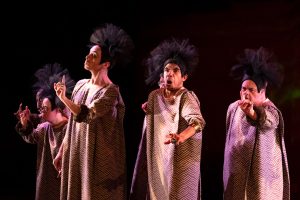
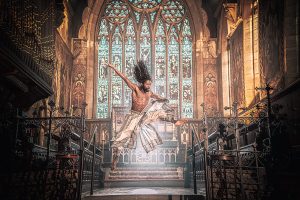

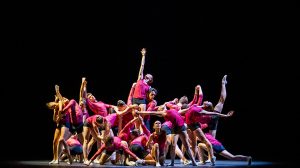
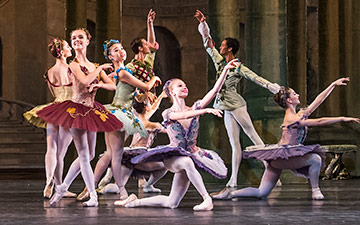


Bravo, Jann. For being brave enough to say what the fawning acolytes wlll not. Alexander Campbell simply is NOT Albrecht, indeed not principal material, of old he would have been a demi caractere soloist, and Hayward continues to deliver underpowered performances.
If she is to earn her principal status in terms of artistry and dance, not merely title, she needs a partner who can show her the true characteristics of a danseur noble. As is her level is depressingly bland as milquetoast much of the time, but she does have potential. Campbell on the other hand should have stayed at BRB, next to some of the males the RB is currently fielding he simply doesn’t make the grade.